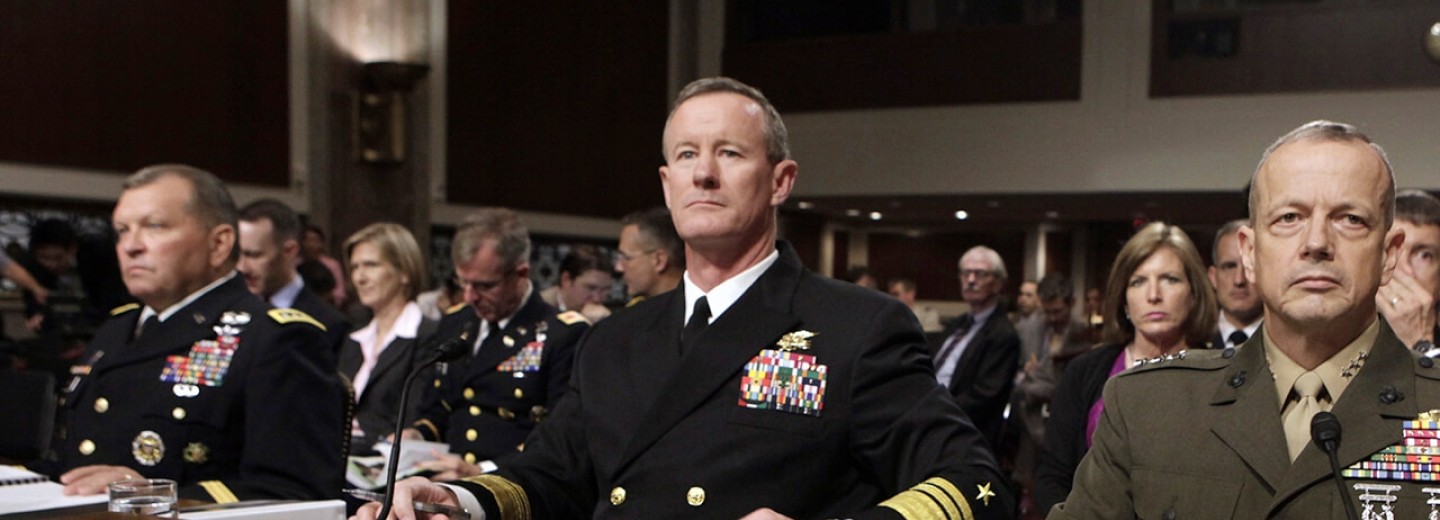Dulce et decorum est….
…pro patria mori. This is a line from the Roman poet Horace's Odes (3.2.13). In English - "It is sweet and fitting to die for one's country." Throughout history, rulers have quoted the phrase to encourage citizens to go to war. It is one of the most shameful confidence tricks leaders perpetrate.
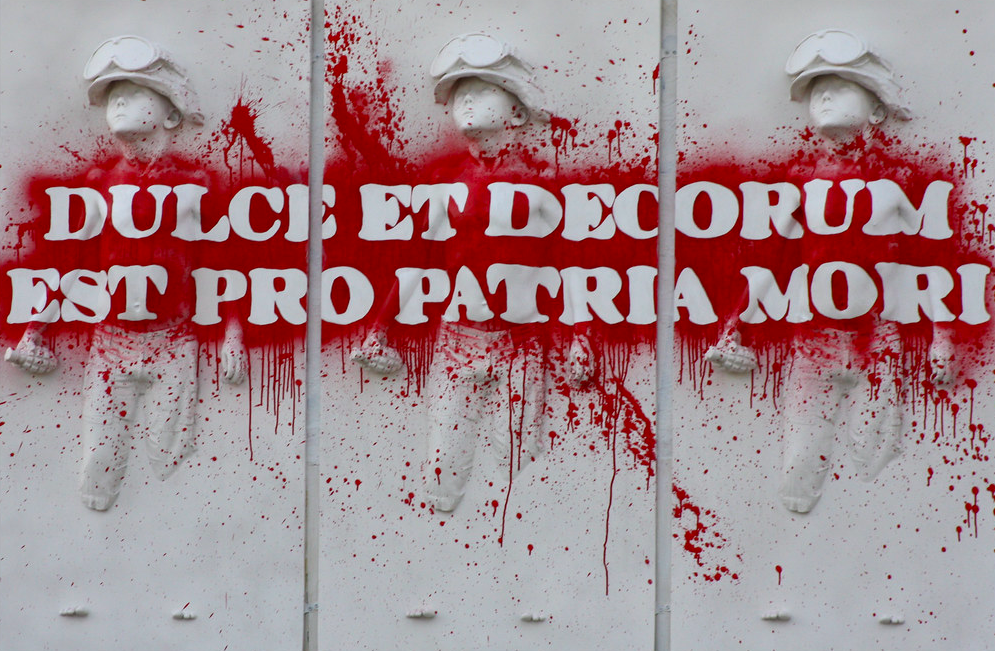
Wilfred Owen, the famous English poet of the First World War, wrote his best-known poem with the phrase in mind. With gruesome realism, he describes war’s horrors ending with the words:
…If you could hear, at every jolt, the blood
Come gargling from the froth-corrupted lungs,
…My friend, you would not tell with such high zest
To children ardent for some desperate glory,
The old Lie: Dulce et decorum est
Pro patria mori.
But why have men (most women have more sense) fallen for this lie? And why do they still? Here are some of the reasons psychologists have identified:
- Patriotism and nationalism lead - prioritising the honour of my country above my life.
- Peer pressure and conformity – I take patriotic actions to align with social rhetoric
- Heroism and honour – I want to be remembered when I die
- Governments and media portray dying for my country as a virtuous act.
- A sense of purpose provides meaning for my life.
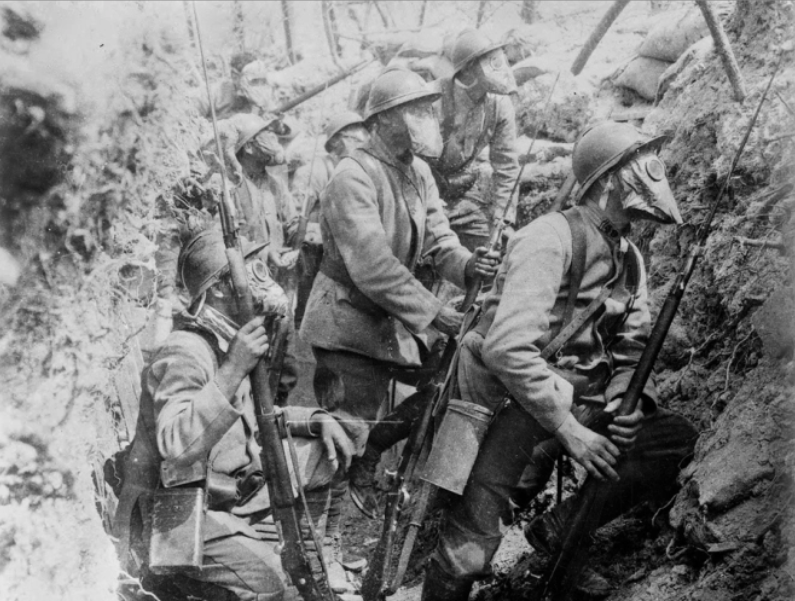
Summing up – Tribalism. In a different context, this becomes Nationalism. But governments start wars – not their people. Many citizens love their country. Life is all we humans have. Why throw it away for a principle, an idea, a vague notion of solidarity? How can that possibly be ‘sweet’?
Then I read Hero Code by former US Admiral William H McRaven.

The Admiral was a SEAL, the US Navy’s primary special operations force. His military career was long and distinguished. On retirement in 2014, he became the Chancellor of the University of Texas. He is the author of several books about his life and lessons from it. He is an archetypical hero.
In simple, elegant prose, Hero Code draws from people and incidents in McRaven’s career to illustrate what he regards as the characteristics of heroes. He cites courage, humility, sacrifice, integrity, compassion, perseverance, duty, hope, humour, and forgiveness as a code to achieve more. As a student of both philosophy and history, I recognise these values from numerous legendary writers and leaders. Some would call them old-fashioned; others would consider them a proper description of noble aspirations.

The Admiral’s heroes are the men and women he encountered during his career, some of whom gave their lives for their colleagues and country. Nowhere does he position their sacrifice as ‘sweet’; he respects and admires them for what they did. He is unequivocal that the cause for which they died (protecting the USA by fighting its enemies) was justified and honourable.
The good guys (our side) kill the bad guys (the enemy). But sometimes, it is the good guys who die. That is tragic and needs to be recognised and remembered. War memorials in almost every country are proof of that remembrance.
It is a refreshingly simple, black-and-white philosophy. And thus, sweet or not, if you die for your country, you will be remembered with honour.
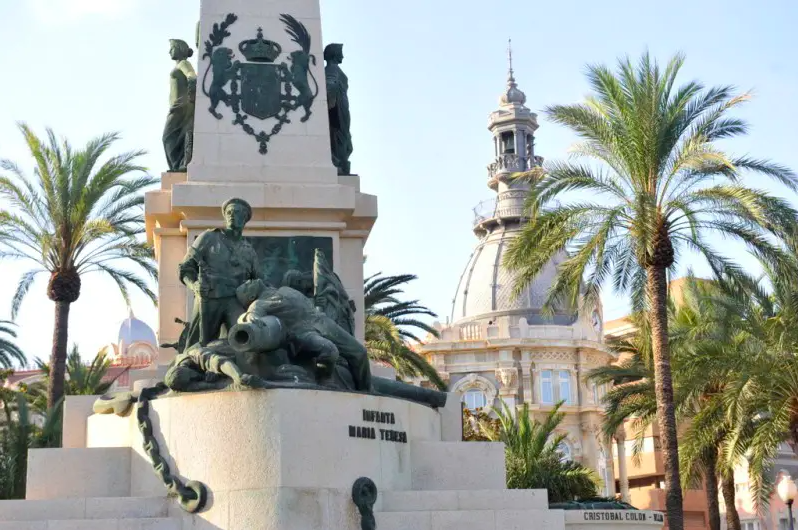
But there’s a dilemma…
In Cavite, a province near Manila in the Philippines, is a memorial to ‘brave fighters’ who lost their lives in a revolutionary battle in 1896 to end Spanish rule. Cartagena, Spain, has a monument to the ‘brave General’ and his troops who helped put down the revolution. (Spain lost its war with the USA, and the Philippines thus became a USA territory.) Similar monuments and memorials to opposing sides exist in many places.
Today, the Philippines, Spain and the USA are allies – on the ‘same side’. Citizens recall and admire their heroes from the wars they fought against each other nonetheless. “There is a thin membrane between remembrance and glorification. When we talk about war, we invariably describe our "gallant dead" and those who "fought and died for freedom,” writes Michael Enright of the Canadian Broadcasting Corporation. He explains why he will never wear the Red Poppy that symbolises the dead of two world wars. Many of his relatives died, and he respects and remembers them. But:
It's one thing to remember our war dead; it's quite another to acknowledge that memory openly.
On the other hand: “Remembrance does not glorify war. Its symbol, the Red Poppy, is a sign of both Remembrance and hope for a peaceful future,” writes the British Legion, the organisation behind the Red Poppy campaigns. (Their campaigns also raise money for military veterans’ charities.)
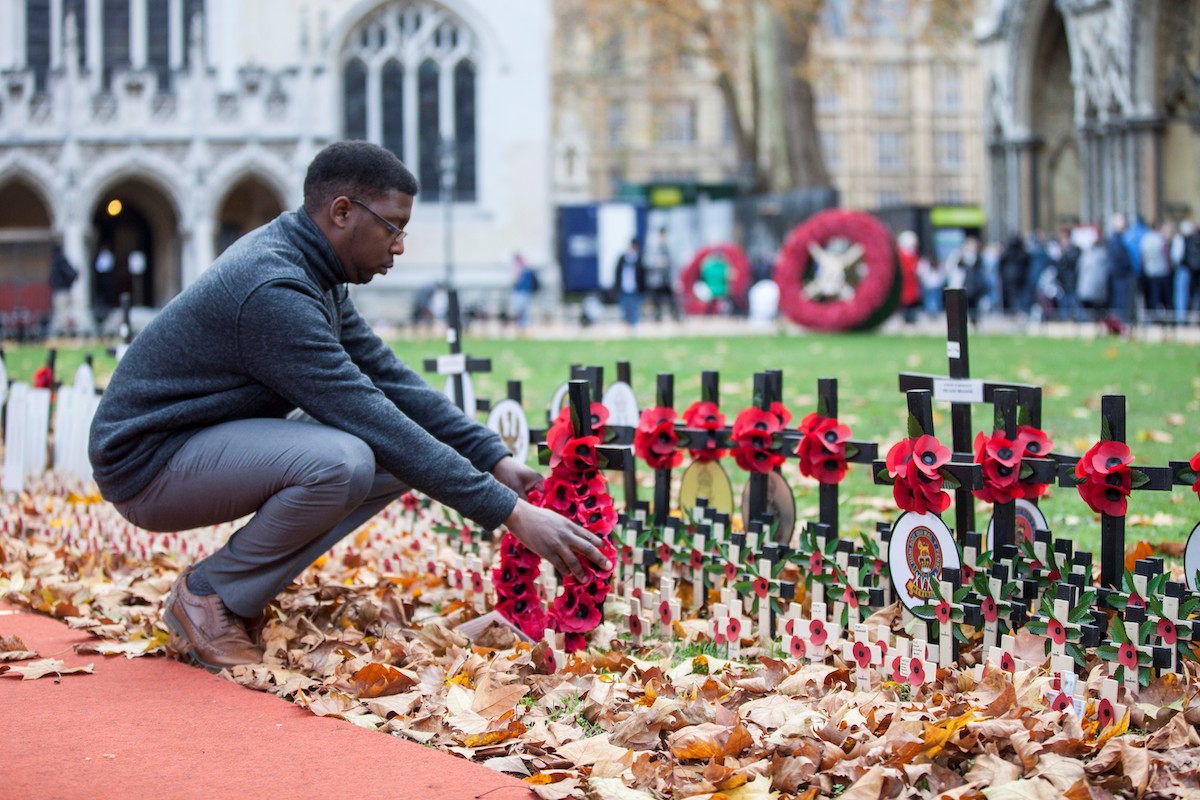
As Admiral McRaven explains, military personnel fight wars because they obey orders. Whether the fighting is justified is relevant only to the government and people of their country. When they die in battle, their nation remembers them with pride and sorrow.
But war is never ‘glorious’. Nor can it ever be sweet or fitting to die in one. I admire the Admiral for his clear-thinking, simple certainty. His book is compelling reading. He regrets the deaths of his people and honours them. They died doing (and sometimes exceeding) their duty.
Yet so did their enemies. And so, too, are they remembered. What was the point of all the deaths on either side?
Death for one’s country is never sweet or fitting.
Worked on the article:

Wanlikhang


